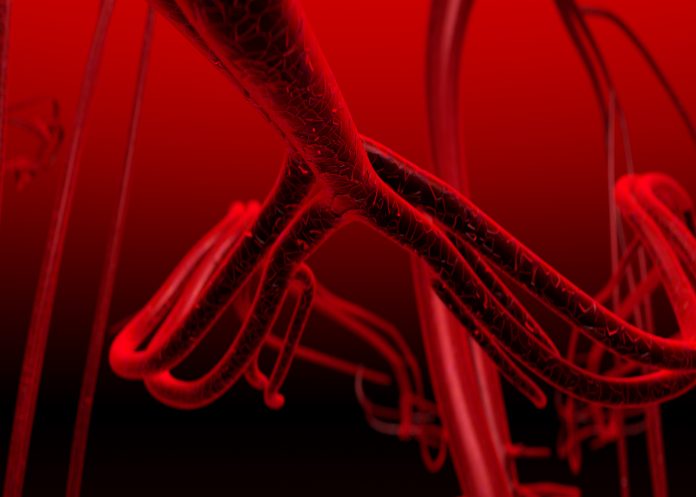The research, presented at the European Society of Cardiology Congress 2021, found that teen drinking and smoking has a direct impact on vascular health – with arteries becoming stiffer in those with “heavier usage”
Young adulthood is often thought of as a time of vice – exploring drugs and alcohol for the first time. Often, these explorations are consistent. The habits formed during these moments stay with a person, forming unpredictable health outcomes in the future.
Now, researchers are looking at how drinking and smoking between the ages of 17 and 24 can create stiffness in arteries – which can later lead to heart disease and stroke.
Aging naturally stiffens the arteries of the human body, but certain behaviours can accelerate this process.
Mr Hugo Walford, a medical student at University College London and study author, said: “There was some evidence of a graded increase with heavier usage, meaning that the more you drink, the greater the increase in arterial stiffness.
“The relationship was not explained by other predisposing factors for heart disease, suggesting that risky behaviour during this period has a direct effect on vascular health.”
How did the team check arterial stiffness?
Arterial stiffness was investigated via a non-invasive technique called carotid-femoral pulse wave velocity, which is a robust and independent predictor of future cardiovascular disease. It works especially well in young people.
According to a study published by NIH: “Carotid-femoral pulse wave velocity (PWV), a measure of arterial stiffness, is determined from the time taken for the arterial pulse to propagate from the carotid to the femoral artery.”
Essentially, the researchers timed pulses.
The analysis was then adjusted for age, sex, and socioeconomic status. At the age of 24, more measurements were taken: body mass index, blood pressure, low-density lipoprotein (LDL) cholesterol, blood glucose, and C-reactive protein (a measure of inflammation).
Arterial stiffness went up by 10.3%
Arterial stiffness increased by an average of 10.3% from age 17 to 24, with a slightly greater increase observed in women.
According to the data, arterial stiffness increased with each point rise in the average alcohol score.
While high intensity smokers had a greater increase in arterial stiffness than never smokers, this only reached statistical significance in women. Changes in arterial stiffness between ages 17 and 24 did not differ between ex-smokers and never smokers – suggesting that quitting is enough to restore vascular health.
Mr Walford further commented: “The results suggest that arterial damage occurs in young drinkers and young women who smoke heavily. Never smokers and ex-smokers had similar alterations in arterial stiffness, indicating that quitting can restore vascular health at this young age.”











